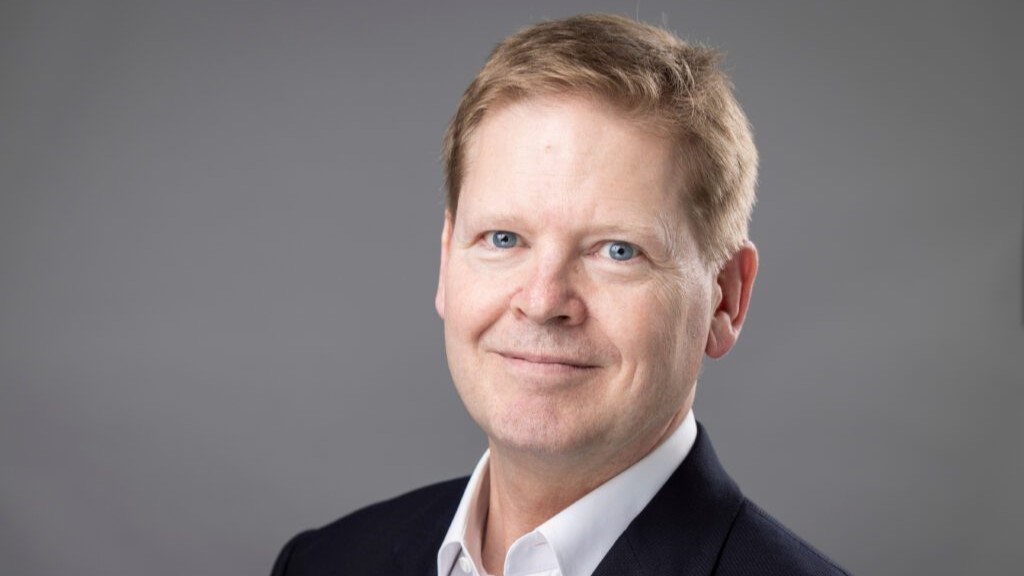Paul Bascobert, president of Reuters News, on how the Thomson vision thrives today.

“I wonder if that’s true?”
And so it begins.
A headline, a post, a video. It may sound just true enough, or maybe untrue enough. At least that’s what we infer from logic or our own life experiences, and maybe we click a bit deeper. We may attempt to triangulate with a trusted conversation in that slightly rhetorical manner that carefully balances an assertion with genuine inquiry. Heads nod. It sounds truthy enough and misinformation takes another step forward.
The challenge we face today, however, is not simple misinformation; frankly that’s been an issue since the first words were put on paper. Early printing presses, in the hands of politicians and prophets, were often purpose-built propaganda machines. The real issue is just how masterfully misdirection is being delivered in the modern digital ecosystem. Peel back the flood of comments from influencers, bots, and boiler rooms and maybe you arrive at a study purporting to be “objective.” But is that objectivity real?
Are the experts real, are their degrees? What about the assumptions or statistical methods these experts use?
Now, imagine a world of AI where content creation is limitless and can be tuned to produce carefully persuasive narratives at scale. The provenance of objective facts or observed outcomes has never been more elusive and it’s about to get exponentially murkier.
Should we care? Beyond the moral imperative of uncovering truth and fact in the modern age, is there some more compelling self-interest we can invoke?
I submit that coordinated misinformation and its stagnating effect on human progress should now take a seat alongside the other great challenges of our time: food, clean water, disease, nuclear weapons, climate, and freedom – challenges where the personal implications have become alarming enough to command action. Let me explain further.
When truth and facts are obscured from individuals, they become disconnected or diverted from the real problems and the financial and societal benefits of solving them. Misinformed prejudice and dogma also limit the freedoms and resources needed to incubate and scale breathtaking innovation. As a result, the entrepreneurs and problem-solvers in society are left to wander in the dark.
When a common fact base is obscured from society at large, we lose our shared understanding of the world, or worse, risk becoming unwitting pawns in some nefarious agenda. These agendas seek to polarize, recruiting followers at the expense of inconvenient truths. This misinformed tribalism tears at the social fabric that enables collective action, a uniquely human trait that has powered numerous advances from the neolithic revolution to public education to the underpinnings of the internet. As a result, we are diminished in our ability to rationalize the individual compromises required to rally around great collective advances.
There is a solution. Well-run journalism organizations like Reuters, BBC and others give no allegiance to any agenda other than the pursuit of objective facts. They have rigorous standards for sourcing, use of language and corrections. These organizations understand the evolving challenge of facts and are committing the resources necessary, including developing advanced AI properly supervised by human editors. Their mission is to deliver facts and rigorous analysis, to shed light on truth without fear or favour.
Ultimately, as a free marketeer, I place my faith in enlightened self-interest, to the core idea that to not seek truth and objective understanding is to participate in the decline of the world in which we live. The toll of a steady diet of half-truths and deceptions may not manifest in my lifetime, but it will affect the next generation.
And so, it comes back to each of us. As the implications of misdirection become clearer, I believe a group of global citizens will emerge who, like in the other great human challenges, will advocate for change, seek collective action, and press for innovative new tools. Similarly, a group of media providers will rise: they will hold fast to their standards while building new products to better connect and serve their audiences. As with all movements, great social transformations begin with our individual choices. Here, the choice of where to begin that media journey of a headline, a post or video falls to each of us. So, alongside our reusable containers, shorter showers and LED bulbs, let us also choose our information sources wisely.


